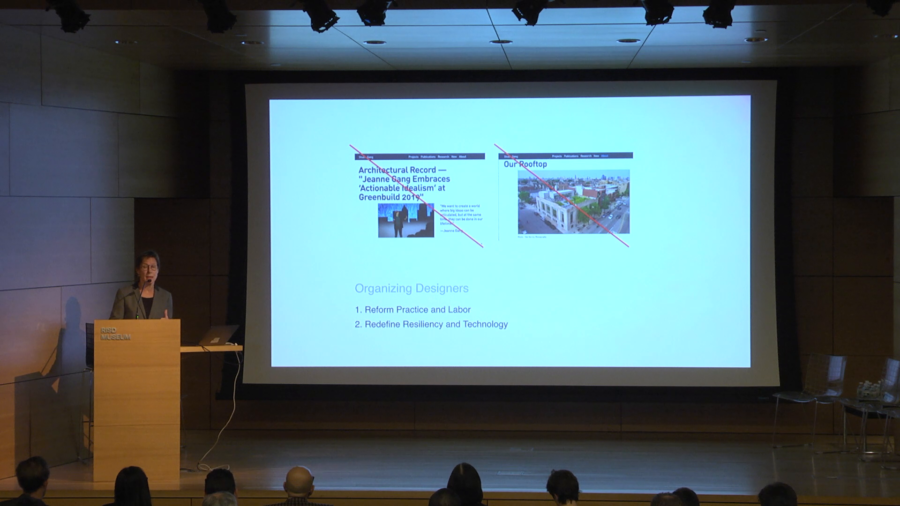The main thing that we need to be doing is working as a discipline, as a profession, as a unified voice, so that we sit at the table of policymaking and are believed as not just ambulance-chasers for work for ourselves but as people with knowledge and whatever embeddedness in the community, and our design expertise within the community is absolutely essential.
Archive
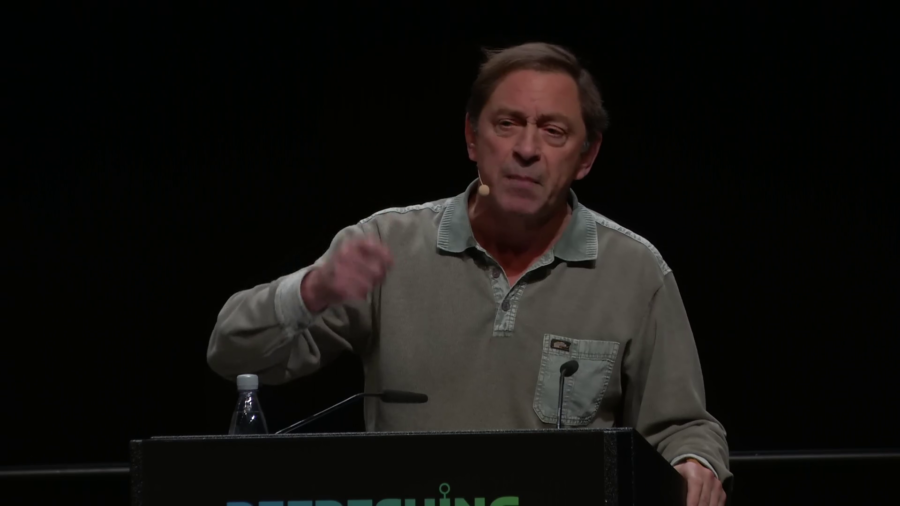
In a book that I wrote in 2011, on page one I said that unless the insecurities, and the fears, and the aspirations of the precariat were addressed as a matter of urgency, we would see the emergence of a political monster. You will not be surprised that in November 2016 I received a lot of emails from around the world from people who said, “The monster has arrived.”
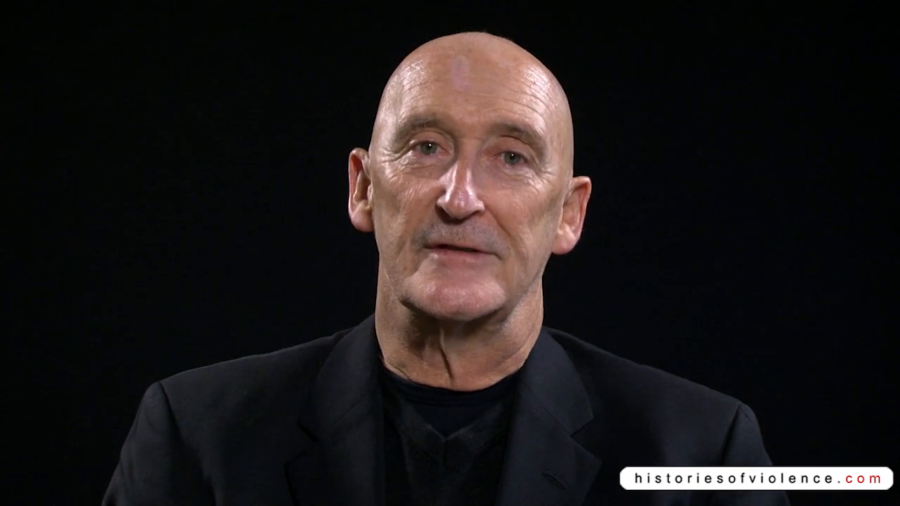
I’m not here going to think aloud about these various contestatory forms of evidence-giving, although much might be said about that in relation to thinking about violence. But rather to think about the Michael Brown shooting in Ferguson, Missouri and the kinds of police response to it in relation to the history of violence and the way in which race shapes said history of violence in a country like the United States…
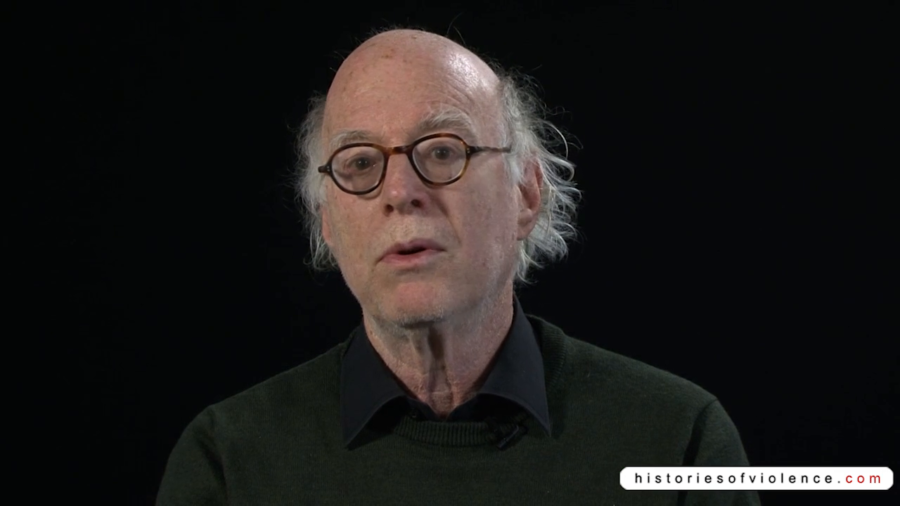
In the world of labor and work, the phrase “disposable life” refers to a new wrinkle in neoliberal capitalism. And that wrinkle is that it’s cheaper to dispose of workers in Europe and America than it’s ever been in the past.
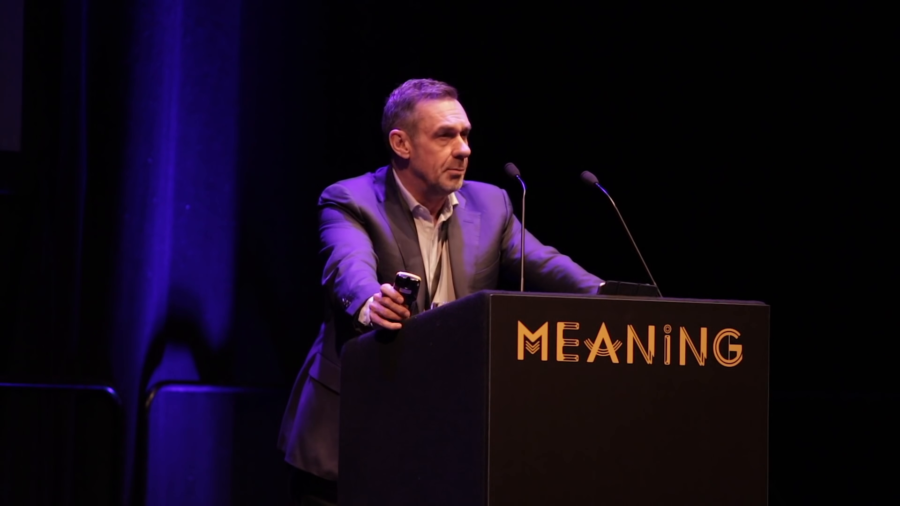
Neoliberalism is broken. The economic model of the last thirty years. It worked for a bit, dragged the bottom two thirds of the world’s population up the income scale dramatically, facilitated the tech revolution. But it’s stopped working.
What has redeemed the faith community throughout the centuries of history has been that there has always been a sector of the faith that has not sold out, that has recalled the genuine moral and ethical values of that faith and its tradition, and has renewed that, and therefore moved the agenda into the future, that is moral and ethical and just.
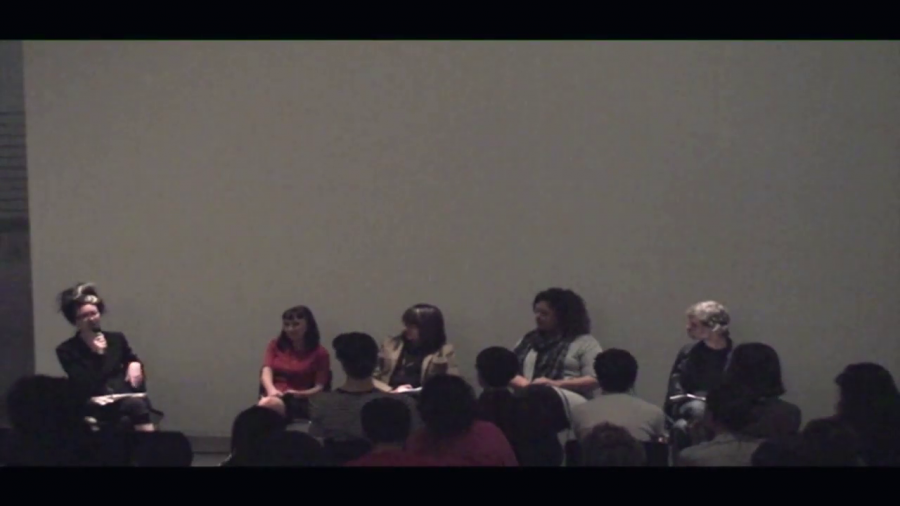
We’re losing our ability to forget the things that should be forgotten. Wait until you try to run for Senate or Congress, some of you in this room, and some pictures or text roll up.
Food has always been tightly intertwined with culture and identity. As a result, it’s also been a common target of colonialism. Colonizers understood that by wiping out people’s food traditions, it would be easier to wipe out their origins, their identity, and their history. This kind of trend isn’t only in the past, though. In many areas of the world, dietary habits are changing, food inequality is rife, and somehow both obesity and hunger are on the rise on a global scale.

